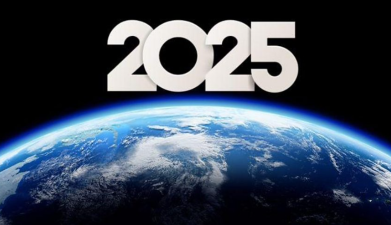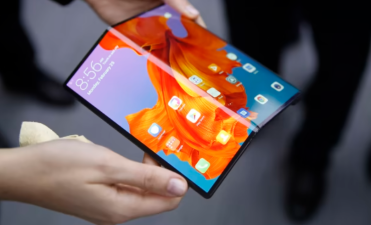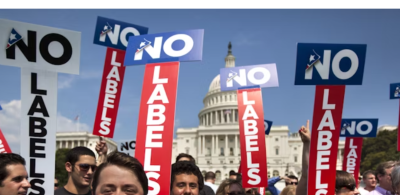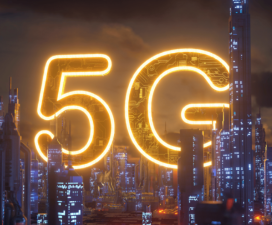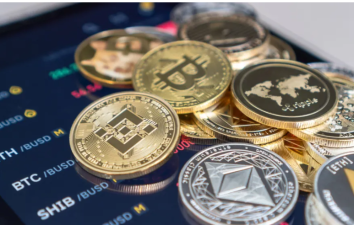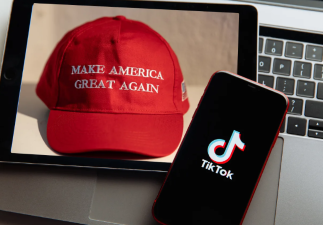For many years, iOS devices have been able to ensure a good experience, and AppStore can be said to have made an indelible contribution. This is also an important part of Apple's ecosystem, but controversy has also continued. For many years, AppStore has been suspected of monopoly, mainly reflected in the rejection of third-party payment channels other than Apple Pay, because this matter is also in a mess with Epic (Fortnite developer). In addition, not allowing APP to be installed from third-party channels is also the focus of monopoly suspicion. Apple has responded to the relevant allegations again recently.
For many years, iOS devices have been able to ensure a good experience, and AppStore can be said to have made an indelible contribution. This is also an important part of Apple's ecosystem, but controversy has also continued. For many years, AppStore has been suspected of monopoly, mainly reflected in the rejection of third-party payment channels other than Apple Pay, because this matter is also in a mess with Epic (Fortnite developer). In addition, not allowing APP to be installed from third-party channels is also the focus of monopoly suspicion. Apple has responded to the relevant allegations again recently.
Recently, Apple once again refuted the monopoly allegations raised by the Australian Consumer Association and refused to admit the allegations. First of all, it is the issue of APP installation. Apple claims that as long as there is a network, there is no monopoly in AppStore, and the distribution of applications based on iOS devices is not the only channel of AppStore.

The two-sided mirror of "Apple tax"
The so-called "Apple tax" refers to Apple's commission of 15% to 30% on digital content consumption of all applications on the App Store. Whenever an Apple user pays to download an app through the Apple App Store or purchases digital goods/services within an app, Apple will retain a portion of the transaction amount as a "toll" and then transfer the rest to the corresponding app developer.
Citing the research of Professor Fradkin and Dr. Burley, Apple said that the App Store supports developers to achieve global growth, and the App Store's transaction engine provides developers with a global distribution platform to help them reach global users, attracting more than 813 million visits worldwide each week. "Over the past five years, the turnover and sales generated by the App Store ecosystem have more than doubled in the United States, China, and Europe. During this period, digital goods and services, physical goods and services, and in-app advertising revenues have increased in all regions."
At the same time, Apple also mentioned its investment in developers. For example, the App Store's transaction system supports the use of more than 40 local currencies, provides seamless tax management in nearly 200 regions, and supports developers to set prices, manage subscriptions, etc.; in the past five years, the App Store has blocked more than $9 billion in fraudulent transactions and provided protection for users. In addition, Apple also provides a support environment for developer teams to improve their apps through more than 250,000 APIs.
Apple CEO Tim Cook said, "This report proves that developers use apps and games to enrich people's lives in many ways, while creating opportunities and driving innovation. We are proud to support their success."
From the content of the report, the App Store ecosystem has brought many benefits to developers, but it is undeniable that the "Apple tax" is also a "heavy burden". In terms of rates, China is still one of the countries with the highest commission rates for Apple's in-app transactions in the world. Apple's "Apple tax" rates for standard enterprises and small and medium-sized developers in the Chinese market are 30% and 15% respectively.
The US court breaks the monopoly rules of the "Apple tax"
The uniqueness of the "Apple tax" is that Apple has strict restrictions on app developers, including Apple not allowing app developers to provide payment options other than Apple in the program, so developers cannot avoid paying the "Apple tax".
In recent years, the global game on the "Apple tax" has been going on. Although the European Union, the United States, South Korea, Russia, and the Netherlands have forced Apple to open external link transactions other than IAP (in-app purchases), Apple insists on charging commissions ranging from 17% to 27% for these external link transactions.
Recently, Apple has suffered a major legal setback in its App Store management policy.
On April 30 this year, Yvonne Gonzalez Rogers, a federal district court judge in California, ruled that Apple cannot charge commissions for purchases made outside of iOS apps, nor can it prevent users from making external purchases by prompting potential risks of external links.

